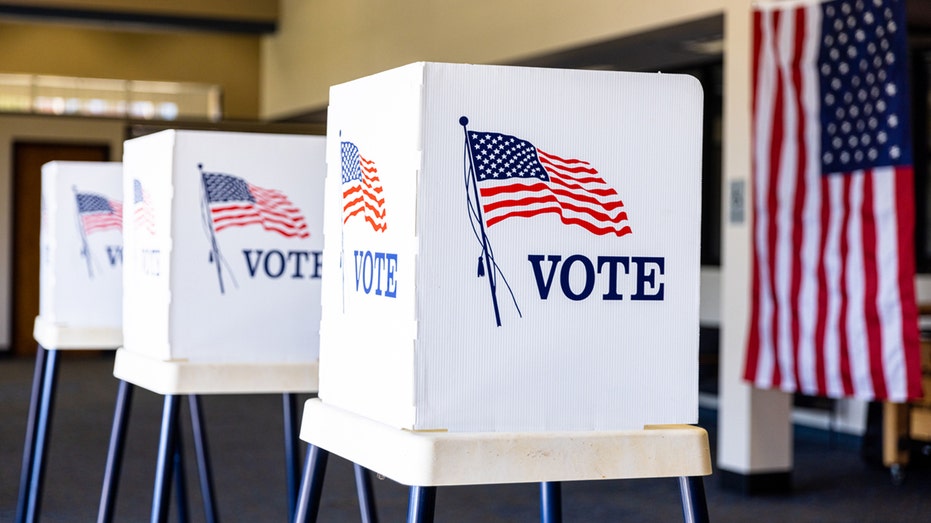The ascent of Zohran Mamdani, a Democratic Socialist in New York City, wasn't a spontaneous uprising of popular support. A closer look reveals a carefully funded campaign, and the source of much of that funding is now coming into focus.
A recent report details how a network of charities, demonstrably linked to billionaire George Soros, channeled tens of millions of dollars into Mamdani’s political rise. This revelation, while perhaps expected by some, unveils a significant financial backing behind the politician’s image of grassroots support.
The narrative of Mamdani’s campaign centered on a groundswell of small donations and dedicated volunteers. However, the report alleges a far more calculated strategy: the laundering of over $40 million in charitable donations through non-profit organizations, ultimately redirecting those funds into political activity.

The investigation, conducted by White Collar Fraud, claims a coordinated effort by tax-exempt organizations connected to Soros to bolster Mamdani’s campaign. This involved not just financial contributions, but also strategic ground operations designed to maximize his visibility and support.
Representatives for Soros’s organization dispute the report’s findings, dismissing them as inaccurate and misleading. They claim the allegations are based on false assumptions and misinformation, attempting to discredit the investigation’s conclusions.
Adding another layer to the financial picture, activist Linda Sarsour publicly acknowledged substantial funding for Mamdani from the Council on American-Islamic Relations (CAIR). This organization is currently under scrutiny for alleged ties to Hamas and the Muslim Brotherhood.
The New York City election looms, poised to deliver a decisive verdict on the direction of the city. The outcome will undoubtedly be significant, regardless of which candidate prevails, and the revelations surrounding campaign funding add a critical dimension to the unfolding story.
The question remains: how much does outside financial influence truly shape political outcomes, and what does it mean for the integrity of the democratic process when substantial sums flow from opaque sources into the hands of aspiring leaders?





